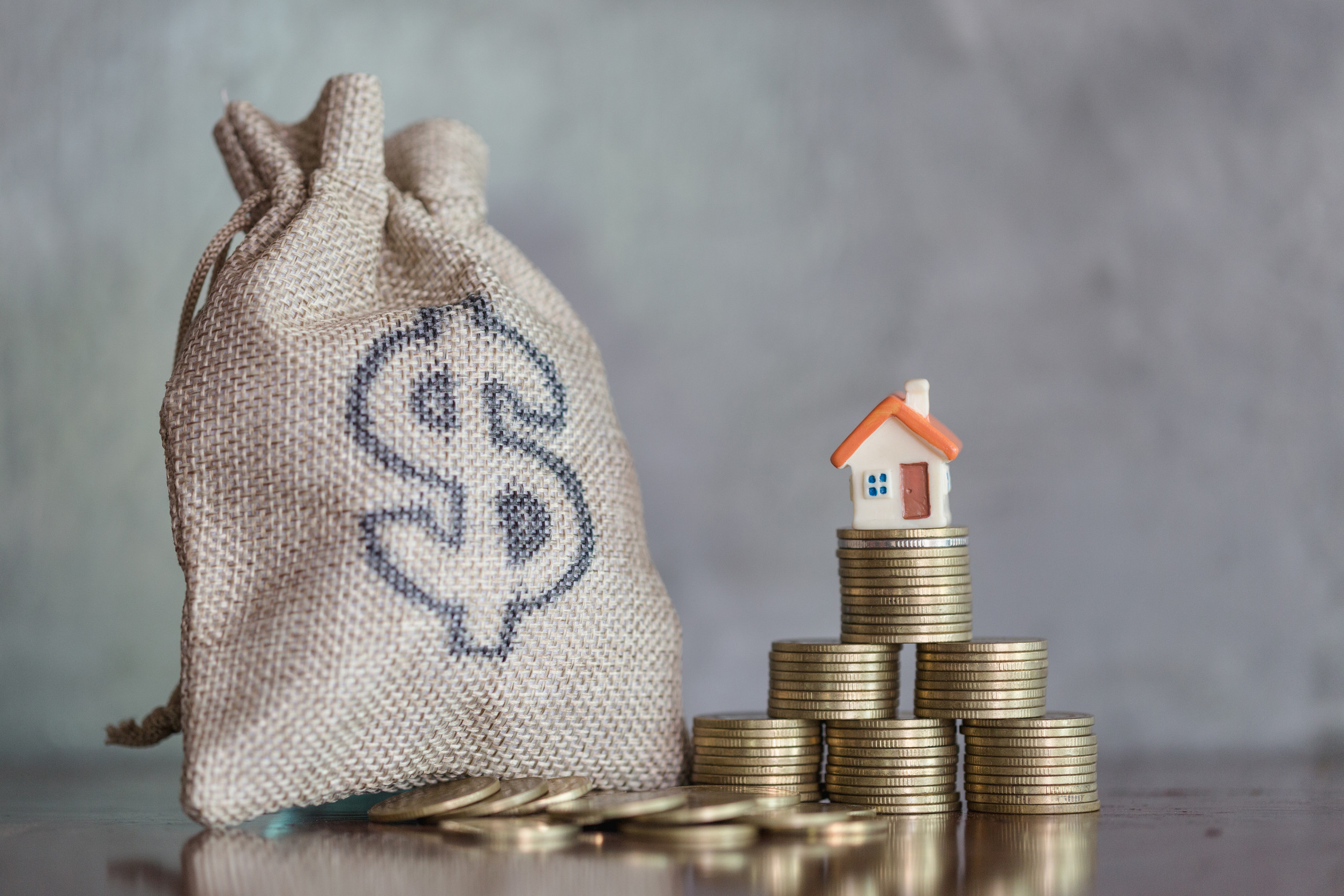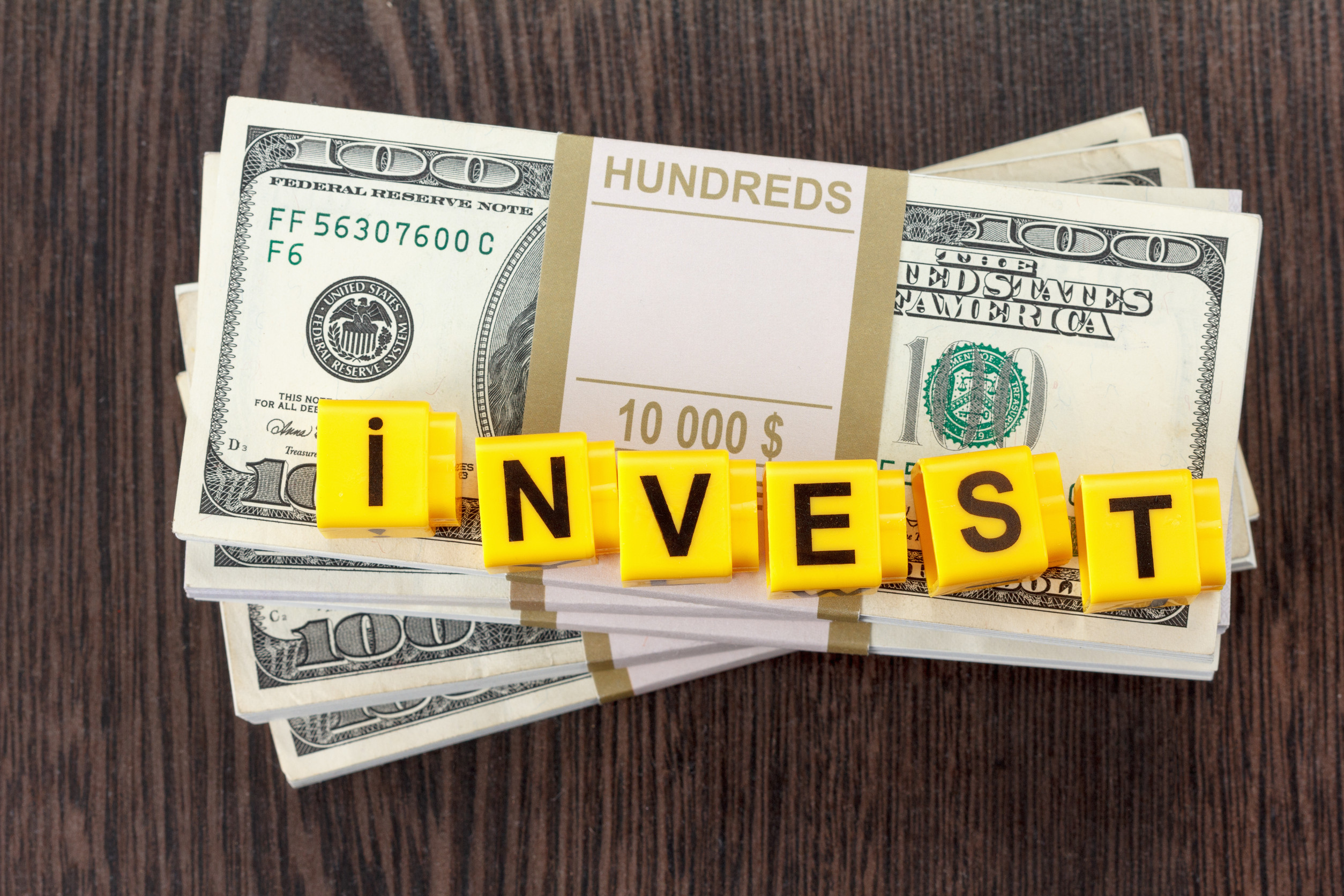
Image Source: 123rf.com
Being “house poor” is a financial term that refers to a situation where a significant portion of your income—more than 30%, or in some extreme cases, 50% or more—is spent on housing costs. This can include rent or mortgage payments, property taxes, utilities, and home maintenance. While owning a home can feel like a dream come true, being house poor means you’re left with little financial flexibility, and everyday expenses can become a burden. If you find yourself in this position, here are eight challenges you’ll likely face and why it’s crucial to take action.
1. Limited Ability to Save for the Future
When the majority of your income is tied up in housing costs, there’s little room left for saving. Without savings, you’re not building an emergency fund, contributing to retirement accounts, or setting aside money for your future goals—like buying a car, funding your children’s education, or traveling. If a financial emergency arises, you’ll have no cushion to fall back on, which can lead to a cycle of borrowing or taking on debt.
2. Increased Financial Stress
Constantly worrying about how you’ll cover your housing expenses can lead to stress and anxiety. The weight of knowing that a huge chunk of your income goes toward one category—housing—can leave you feeling financially suffocated. You may struggle with day-to-day decisions, and even small financial setbacks can feel catastrophic when you don’t have room in your budget to absorb them.
3. Limited Flexibility in Your Budget
When over 50% of your income is dedicated to housing, your budget for everything else shrinks dramatically. You’ll likely have little room for other essential expenses such as healthcare, insurance, groceries, or transportation. This lack of flexibility means you may need to sacrifice or cut back on spending in other areas, making it harder to live comfortably or enjoy life’s little luxuries.
4. Difficulty Handling Unexpected Costs
Life is unpredictable, and unexpected costs will inevitably arise—whether it’s a medical emergency, a car repair, or an unexpected home repair. With such a high percentage of your income going to housing, you may struggle to pay for these costs without resorting to credit cards or loans, which can lead to even more debt. Being house poor means you have little margin for error when it comes to financial surprises.
5. Hindered Personal Growth and Opportunities
When you’re financially stretched, it can be difficult to pursue personal growth opportunities like further education, career advancement, or a new job. Many people in house poor situations find themselves stuck in their current job or career path because they need the income to cover their housing costs. Without the ability to invest in personal development or seize new opportunities, it can feel like you’re in a financial rut with little room to move forward.
6. Inability to Invest in Other Assets

Image Source: 123rf.com
Investing in assets like stocks, bonds, or real estate can help grow your wealth over time. However, when a large portion of your income is tied up in housing, you may not have enough money to invest in other areas. Without these additional investments, it’s harder to build wealth or create passive income streams that could provide more financial freedom and security in the future.
7. Potential for Financial Strain on Relationships
Money is a leading cause of stress in relationships, and when one partner is under financial strain due to being house poor, it can cause tension in the relationship. Whether it’s disagreement about finances, missed payments, or the inability to enjoy things together, the stress of living paycheck to paycheck can lead to arguments and create an emotional burden for both partners. Without the financial freedom to spend on experiences together, you might feel isolated or disconnected.
8. Limited Room for Enjoying Life’s Pleasures
One of the greatest challenges of being house poor is the constant feeling that you can’t enjoy life to the fullest. Whether it’s eating out, taking vacations, or indulging in small luxuries, your financial obligations to housing prevent you from experiencing those joys. Over time, the stress and resentment of not being able to enjoy life can negatively affect your mental and emotional well-being, leading to dissatisfaction.
Is There a Way Out?
Living in a house that consumes a significant portion of your income can feel like a trap. While homeownership is a worthwhile goal for many, becoming house poor can significantly hinder your ability to live comfortably and build long-term wealth. If you’re struggling with an extremely high mortgage payment, it might be time to consider adjusting your financial priorities. Whether it’s downsizing, refinancing, or finding ways to boost your income, taking proactive steps can relieve the financial strain and allow you to regain control of your finances.
Did you overpay for your home? How stressful has this experience been for you and have you found a way out? Tell us more in the comments below.
Read More:
How Much Income Do I Need For a 300k Mortgage in 2025?
15 Warning Signs You Should Refinance Your Mortgage

Latrice is a dedicated professional with a rich background in social work, complemented by an Associate Degree in the field. Her journey has been uniquely shaped by the rewarding experience of being a stay-at-home mom to her two children, aged 13 and 5. This role has not only been a testament to her commitment to family but has also provided her with invaluable life lessons and insights.
As a mother, Latrice has embraced the opportunity to educate her children on essential life skills, with a special focus on financial literacy, the nuances of life, and the importance of inner peace.
Leave a Reply